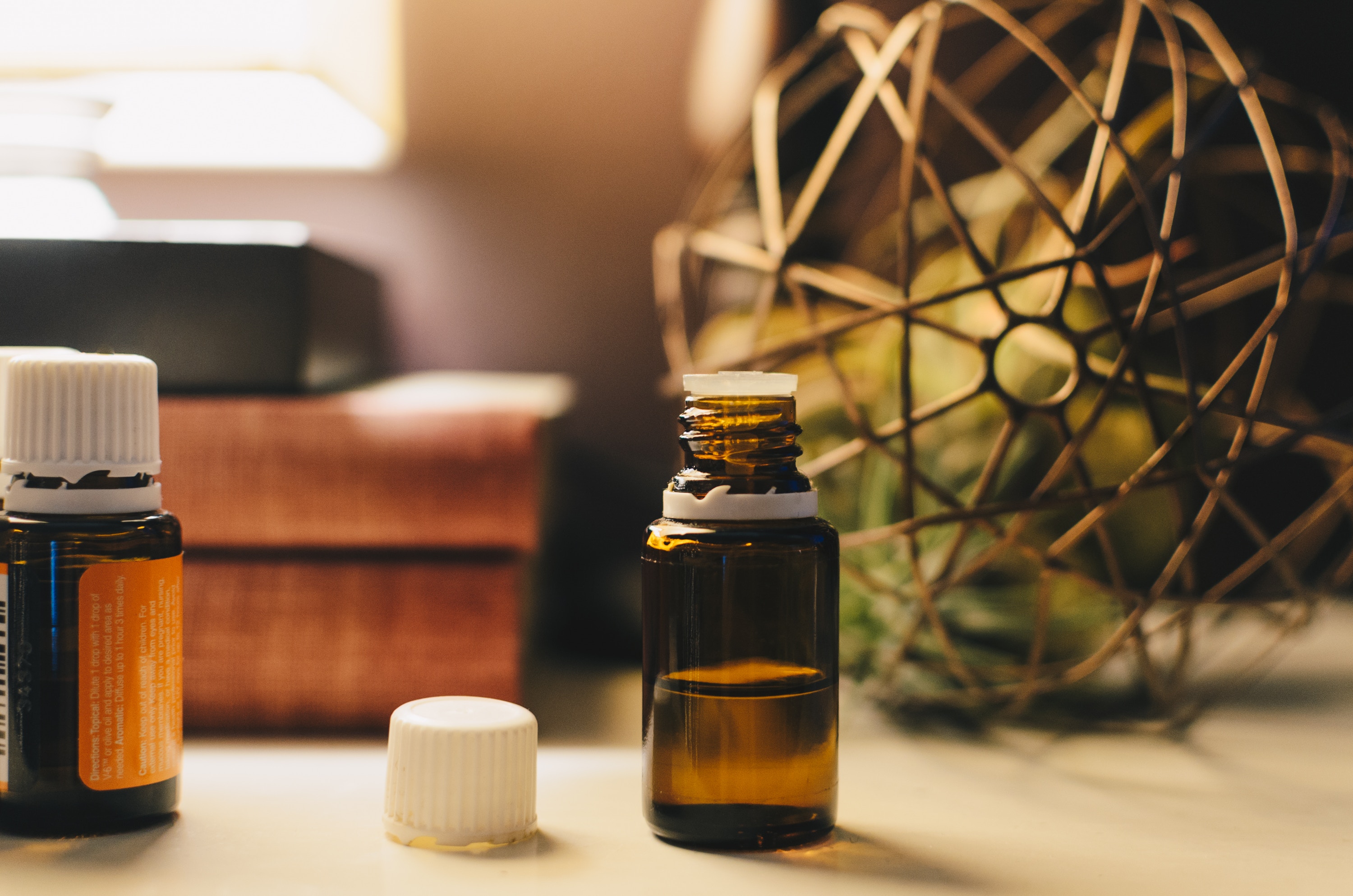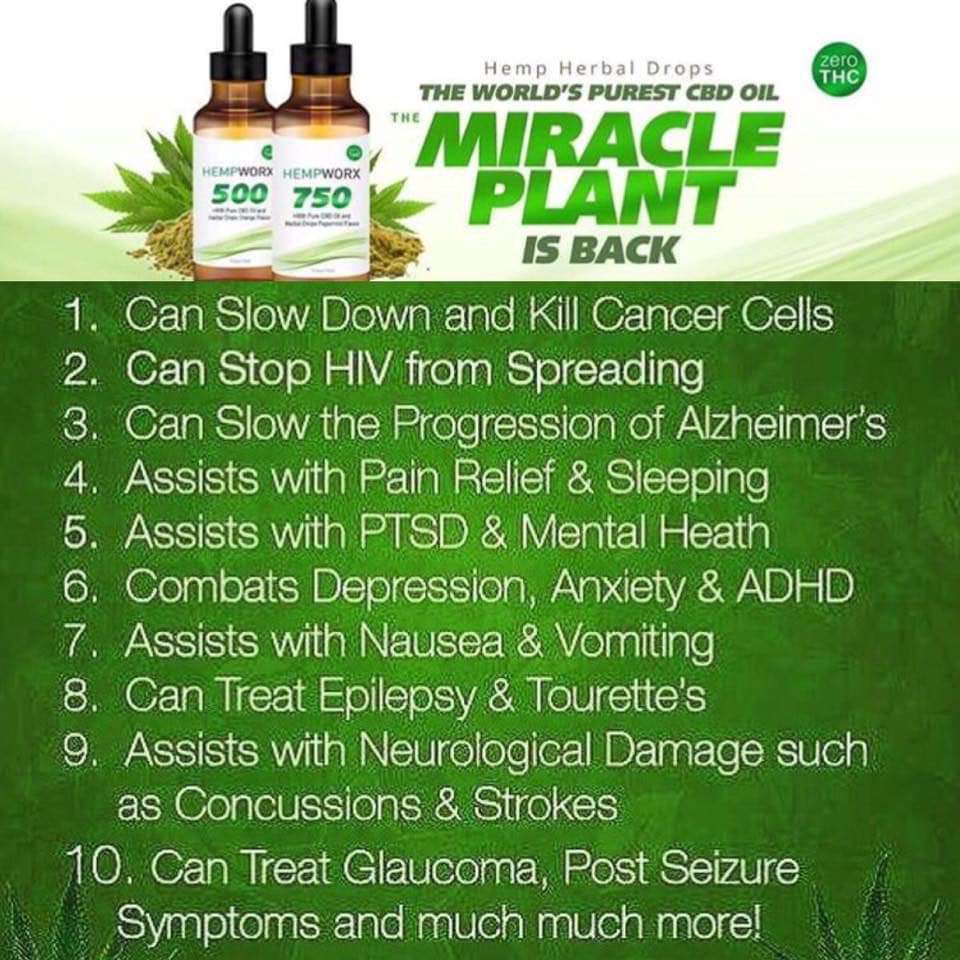
CBD oil is an amazing supplement that has exploded in popularity over the last couple of years. When I tell people I work in cannabis, so many questions come up about CBD oil – does it work, is it all the same, how do I know which brand to buy? These are all valid questions and a prime example of why you have to be your own advocate whether you are a cannabis consumer, employee, or activist.
What I mean by “be your own advocate” is that you are going to have to know how to do your research if you want to find a high-quality product that offers the benefits many CBD oil companies claim you will find with their oil. In this industry, nobody else is guaranteed to do that for you. When you buy CBD, there are no laws or regulations to ensure a baseline standard of quality, purity, or potency. This means it’s super easy for a money-hungry serial entrepreneur to buy wholesale white-label CBD oil, slap a trendy label on it, and tell everyone on Instagram that they’re selling the next best thing in holistic healthcare (don’t get any ideas!). If I stood in the middle of all my Instagram followers, I could throw a rock and hit someone claiming their CBD oil will cure glaucoma but can’t tell you where the endocannabinoid system is located.
This post contains all of the information I want you to arm yourself with before your first or next CBD oil purchase. This information can be applied to any cannabis concentrate like vape cartridges, waxes, and shatters, but for the sake of convenience, I am gearing this toward CBD. That’s where the most interest is right now and therefore where most of the snake oil artists like to hang out.
If you use these standards to choose a CBD product, you will not have to worry about wasting money on snake oil. In fact, most credible and ethical manufacturers will have all of this information readily available on their website so you shouldn’t have any issues finding it. If you do have a hard time finding any of this info, send a message to customer support. If the answers you get are wishy-washy (AKA “we have a direct and close relationship with our manufacturer”), do not purchase from them. Maybe that sounds extreme, but when it comes to something you’re putting in your body you have the right to know exactly what is in it. Chances are any ethical company selling a high-quality oil will agree with me in that this information should be the standard for required information.
Here’s what I want you to know before buying CBD oil.
How and where are the plants grown?
Not only do most companies not grow their own plants, but they are also not required to tell you their source. Many companies buy cheap plants from halfway across the country (or globe) with no knowledge of the soil they grew in, whether they were chemically treated, or whether they are potent enough for a decent product. This is problematic because cannabis is a “hyperaccumulator,” so if it’s grown in soil that contains a lot of heavy metals or is sprayed with pesticides, at least some of that is going to end up in the plants and then your oil.
Quality companies are transparent about the origins of their plants, whether they grow cannabis themselves or work with a local supplier. My suggestion is to look for companies that use USA-grown organic hemp because farmers are at least required to get certified through their state. Trust me when I say that companies who grow their own plants or work with a good supplier take great pride in this because they know the market is saturated with companies who don’t bother. They will be more than happy to share this information with you whether it’s already on the website or you reach out to them through customer service.
Does it contain THC?
Tetrahydrocannabinol, more commonly known as THC, is the psychoactive cannabinoid in cannabis that gets you high.
(Check out our post on the most popular cannabinoids and their effects).
CBD and THC both come from the same plant, but not everyone who wants CBD also wants to get high on THC. If CBD oil is processed poorly or not lab-tested before bottling, it could contain more than 0.03% THC, which is the maximum amount that can exist in legal CBD products. Any CBD oil you purchase should state that it contains less than 0.03% THC.
What’s the concentration of CBD?
Your oil label should always state how much CBD is in the bottle. It’s common for oils to contain anywhere from 200mg of CBD in a 4-ounce bottle, to 1,000mg a bottle and higher. The higher the concentration, the higher the amount you’ll get per dose and the quicker you’ll feel the cumulative effects.
Is it third-party lab tested?
This is the golden ticket to verifying CBD and THC levels as well as the purity of your oil. If you only take one piece of advice from this blog post, please let it be this. Any good company will provide lab-testing results for the batch of CBD oil you are purchasing. Lab tests will look for pesticides, herbicides, bacteria, fungus, heavy metals, foreign matter, and residual solvents from extraction. This is crucial for people with compromised immune systems. It is also important to know how to read these lab results, so if any of the information is confusing I recommend reaching out to the company with any questions. NuLeaf Naturals is my preferred oil company because all of their products tested at Steep Hill Labs, one of the most reputable labs in the industry. The results are available right on NuLeaf’s product pages.
What is the extraction method?
The extraction method used to make your oil can have a significant effect on the end result. Some of the cheaper methods require solvents like butane, hexane, or propane which can leave unwanted residue in the final product. These methods are also known to yield lower amounts of cannabinoids, which is why some companies can get away with such cheap prices. Pharmaceutical-grade ethanol is a safer solvent option, and it also yields a much higher cannabinoid content without the petroleum residue.
The absolute best way to extract CBD from cannabis plants is through a process called supercritical CO2 extraction, which uses high pressure in a cold environment to extract the cannabinoids, flavonoids, and terpenes without the use of solvents. This is a more complex process that requires expensive equipment, but it’s the best way to ensure your oil is pure and potent.
Is the company making dubious medical claims?
I was on Instagram the other day and saw this:

First of all, this company runs like a pyramid scheme so for that reason alone I would never trust their product. Secondly, this is straight up unethical advertising. There are some small studies that show CBD may have potential in slowing tumor growth, protecting the brain from trauma, helping with symptoms of epilepsy, reducing mental health complications, etc., but trustworthy companies will err on the side of caution before throwing out any medical claims, which usually means they’re not going to tell you it will slow your HIV progression.
The best way to determine what CBD could do for your health is to understand how it works within your endocannabinoid system. Everybody’s endocannabinoid system is different. Your experience with CBD can vary depending on your experience with cannabis and tolerance levels, any illnesses or symptoms, your current endocannabinoid levels and tone, your metabolism, how much food you eat, and so much more. One product could change your life and relieve all your symptoms while doing absolutely nothing for someone else.
Bottom line: It is intellectually dishonest to say there are no benefits to CBD. The amount of anecdotal evidence alone should tell you that it does actually help people feel better. However, that doesn’t mean it’s OK for a company to claim their products will get you off your prescription medication or cure your Tourette’s. That is ridiculous and unethical.
Is it a broad/full-spectrum oil or CBD isolate?
Full-spectrum oils contain more than just CBD – they also contain other important plant materials like terpenes, flavonoids, and other cannabinoids that work together to create what is known as an “entourage effect.” These oils are usually labeled “full spectrum” or “whole plant”. If the oil has had the THC removed, it will likely say “broad spectrum” on the label, which is what you want if you’re looking for an oil with non-detectable THC levels.
CBD isolate is a fine powder containing cannabidiol and no other cannabinoids or plant ingredients. It is usually consumed through vaping, or by adding it to food and beverages.
The moral of the story here is that transparency is key to finding a CBD company that is ethical, trustworthy, and selling a high-quality product. This is a ‘new’ industry and there are no set standards to protect us or ensure that we’re getting what we’re buying. The best thing we can do as consumers is to require this information from any company we purchase from to encourage a safe, transparent marketplace that puts people’s health and safety above profits.